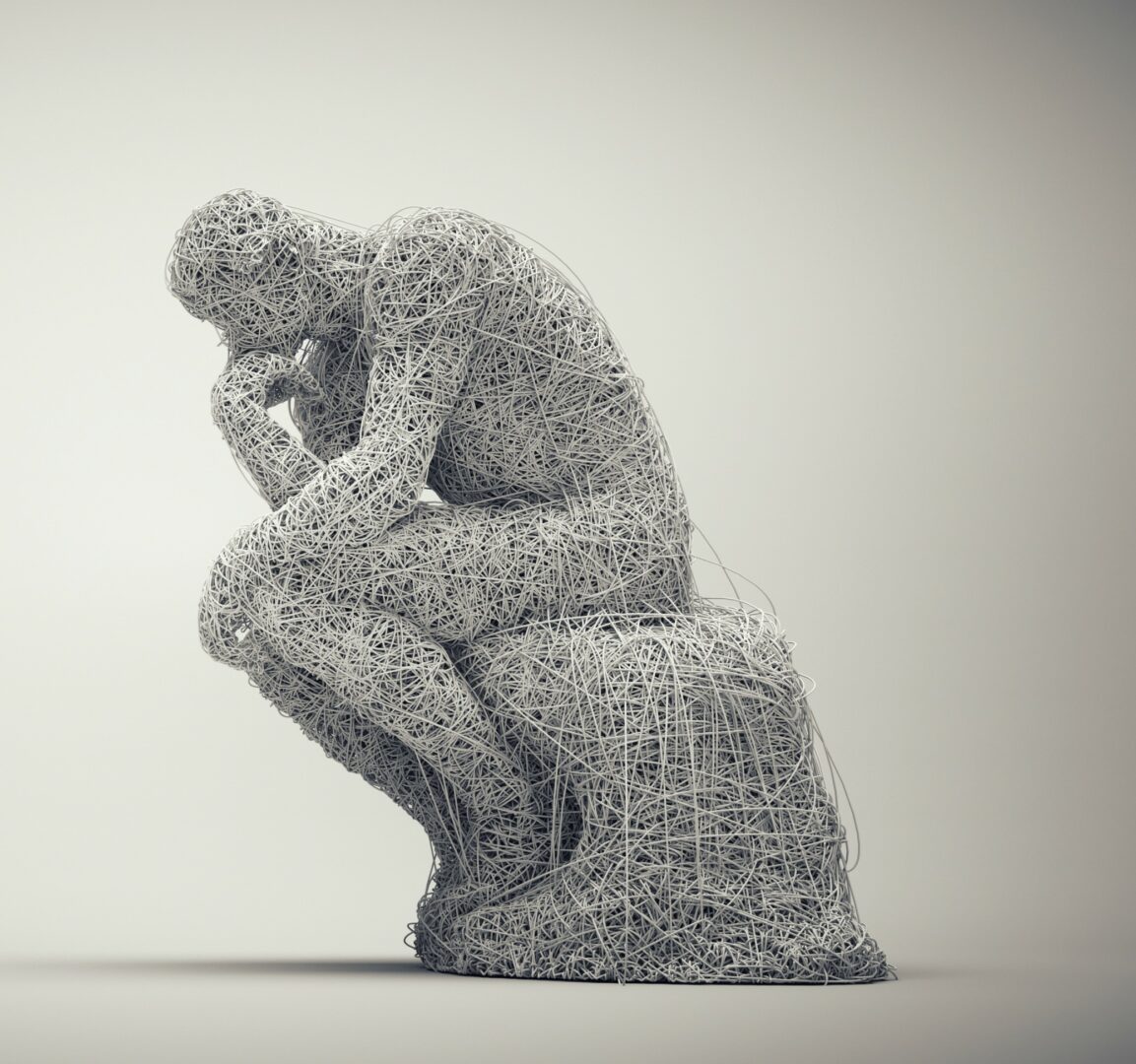Critical thinking is the ability to systematically gather information, generate ideas from a variety of viewpoints, logically evaluate ideas and information, and use these to solve problems in ways that others can agree upon. It is an important soft skill that defines how an individual tackles issues that sound pretty straightforward but ultimately requires thought processes that may not be automatic for all.
In general, people tend to think from a biased standpoint in that their thoughts centre around them. This means that an individual’s perspective plays a large role in influencing their thinking. There is also the chance for people’s thoughts to narrow. The closer people think that they are to a satisfying solution, the more restrictive their thoughts become. Where multiple paths in thinking may exist, one can get locked on to just one. Because of this, it may be hard to explore different perspectives.
Additionally, it is very important that people think objectively. Emotions can often cloud critical thinking, because it predisposes people to a certain way of thinking. With critical thinking, objective evaluation of ideas and information is needed for one to produce objective assessments and solutions to problems. But this does not mean emotions should not be a factor for consideration. Critical thinking doesn’t just entail coming up with solutions to problems, but coming up with solutions to problems in a way that offers the least transgression to everyone involved.
Critical thinking is not only involved in the solution of problems but also the identification of problems. The analysis of both past and present information is a tenet of critical thinking as it is meant to evaluate most of the relevant information available including past experiences.
The benefits of critical thinking
While critical thinking is often used in association with solving problems, it is pretty much just a means. First and foremost, critical thinking is useful for the evaluation of information and ideas. While it may be an unconscious thought process to those who have used critical thinking on a very regular basis, critical thinking is useful for the organisation of thoughts. These thought patterns and reasonings are based on deliberation. Seeing things in this way allows people to better communicate with each other. Even a good idea can be dismissed if it is explained poorly. Thus, in both business and in life, critical thinkers are better able to communicate their ideas and guide others along the path that led them to their conclusions.
Furthermore, such logical thinking enables people to display more emotional intelligence. People who possess critical thinking skills are less likely to be prone to emotionally driven and rash decisions. Instead, they take the time to evaluate the situation and make an informed decision. This further ties into how they interact with others. Being less prone to emotionally driven actions allows people to be calmer and respectful, especially when they consider other viewpoints as others may have. Being able to consider other peoples’ thoughts and feelings allows people to handle interpersonal problems more easily.
Finally, critical thinkers are able to come up with creative solutions to problems by combining different perspectives and snippets of information. This enables them to come up with efficient solutions that minimise costs while making the most out of a situation. They are able to think for themselves and thus don’t require micromanagement. In this way, critical thinkers can save time and resources in a business.
Critical thinking is just a way of thinking. It is possible for people to learn how to tackle problems more critically. The best way to do this is to start off with smaller problems. Engaging with other people and how they may think or do things allows one to accumulate such experience. After all, exposure to different ways of thinking allows one to consider them in the future.











